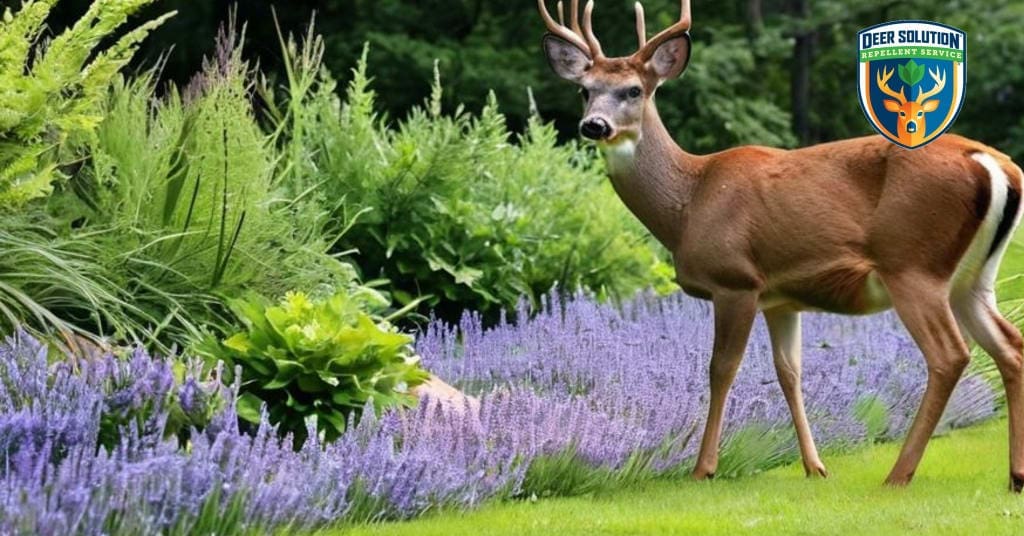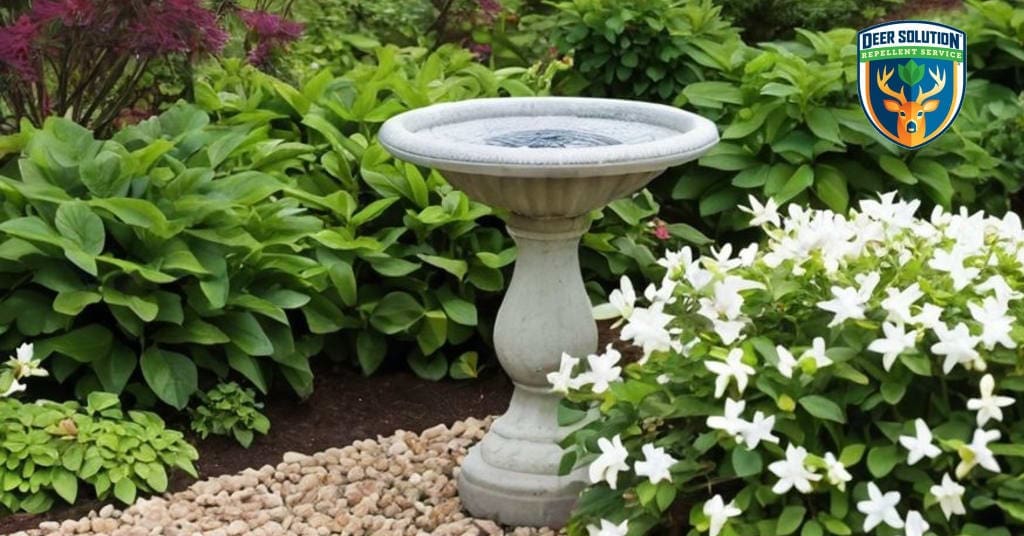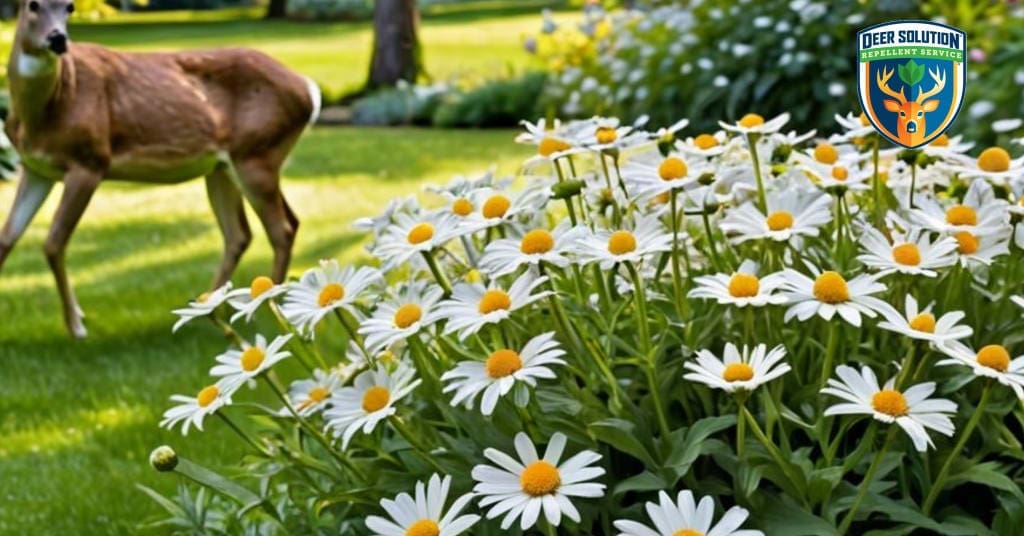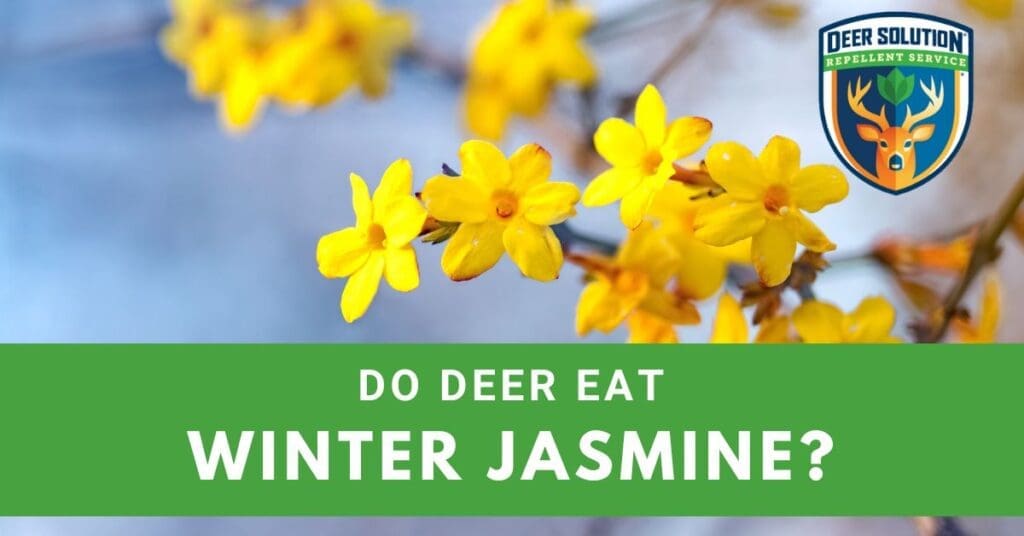Navigating Green Investments: Do Deer Eat Winter Jasmine?
For property owners invested in landscaping, the perennial challenge often comes down to balancing aesthetics with durability—especially when deer are frequent visitors to your garden.
The burning question for many: “Do deer eat Winter Jasmine?”
The Complex Palate of Deer
Understanding the dietary preferences of deer is not straightforward; these animals are adaptive and can be quite opportunistic when it comes to foraging.
However, there are plants that tend to be less appealing to deer, thereby offering property owners more reliable options.
Factors Influencing Deer Choices
- Seasonal food availability
- Local competition among deer
- Natural food scarcity
The Allure of Winter Jasmine
Winter Jasmine, known for its bright yellow blooms that defy the drab of winter, is a proven performer in landscape designs. It’s not just about the beauty; this plant offers additional benefits that make it a worthy consideration.
- Drought tolerance
- Low-maintenance requirements
- Versatility in different soil types
Is Winter Jasmine Deer-Resistant?
The general consensus is that Winter Jasmine is not a top pick for deer. The plant’s fibrous structure and the lack of lush foliage make it less enticing to these animals.
But remember, the term “deer-resistant” is relative and not absolute.
Tips for Additional Deer Deterrence
While planting deer-resistant varieties can help in deterring these garden visitors, taking extra precautions is always beneficial.
Seasonal changes can affect deer behavior, making some extra measures worthwhile.
A Final Thought
Planting Winter Jasmine can be a testament to your commitment to both aesthetics and practicality. Its dual role as a vibrant yet durable addition to your garden may be the solution you’ve been looking for to address deer-related challenges effectively.
And for those interested in combining effectiveness with eco-friendliness, consider Deer Solution as a partner in maintaining your landscape’s integrity.











